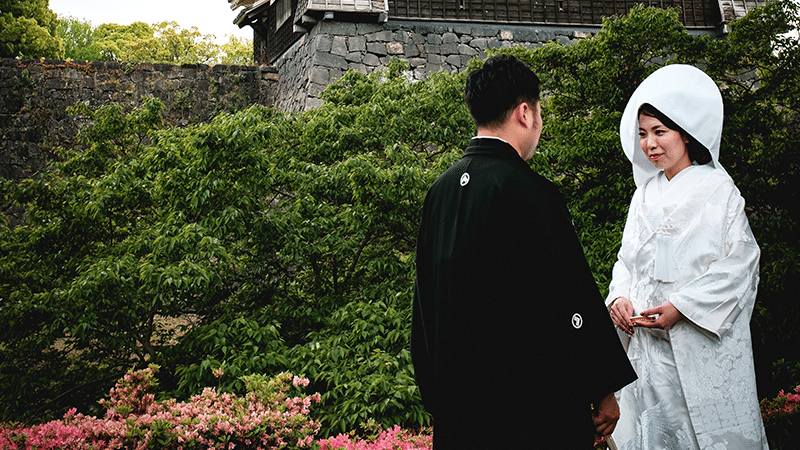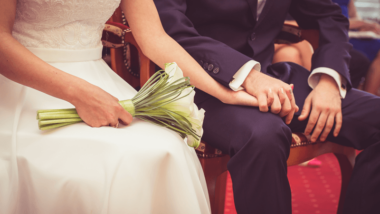A claim that Japan’s ban on homosexual marriage is unconstitutional has been rejected by a district court.
Osaka District Court dismissed the case brought by three same-sex couples who argued that being unable to legally marry violated their constitutional right to equality.
Legislation recognising same-sex partnerships has been adopted in nine of Japan’s 47 prefectures, but gay marriage is not allowed under the Japanese Constitution.
‘Husband and wife’
According to Article 14 of the Constitution: “All of the people are equal under the law and there shall be no discrimination in political, economic or social relations because of race, creed, sex, social status or family origin.”
Article 24 states: “Marriage shall be based only on the mutual consent of both sexes and it shall be maintained through mutual cooperation with the equal rights of husband and wife as a basis.”
The Constitution, which came into effect in 1947, makes no reference to ‘sexual orientation’.
Rejected
The Court rejected the claim that the ban on same-sex marriage was discriminatory under Article 14 and found that Article 24 was not intended to include same-sex marriages by definition.
It pointed out that other legal avenues are available to protect the rights of same-sex couples, such as wills and binding contracts.
The same-sex couples who brought the legal action said they would appeal to the Osaka High Court.
UK
Under the Marriage (Same Sex Couples) Act, legal marriage was redefined in England and Wales on 29 March 2014.
Scotland legalised same-sex marriage the same year, but in Northern Ireland the traditional definition of marriage was upheld until 2020.
Judges uphold definition of marriage for Bermuda and Caymans
Kenneth Ferguson and Stirling Free Church
Biblical marriage can still be preached from Methodist pulpits
Case dismissed: Challenge to Ashers ruling thrown out by ECtHR


